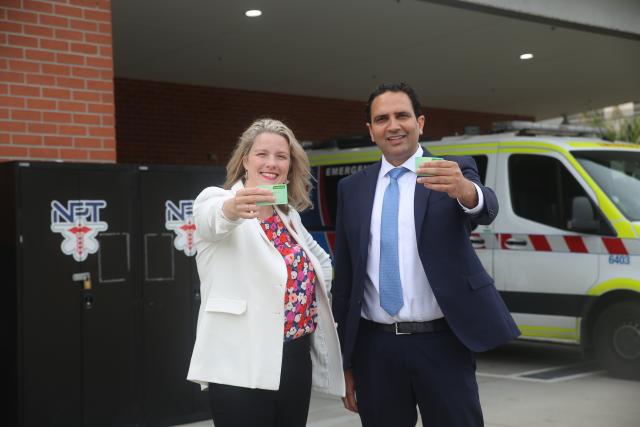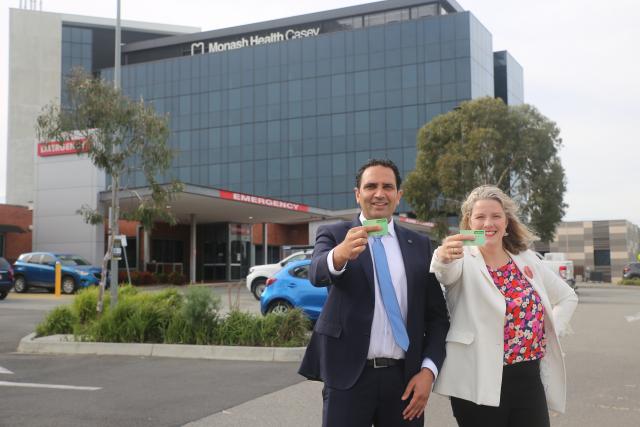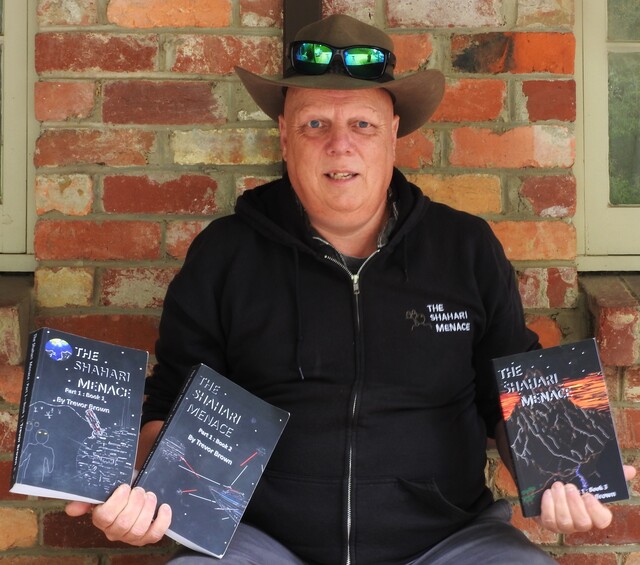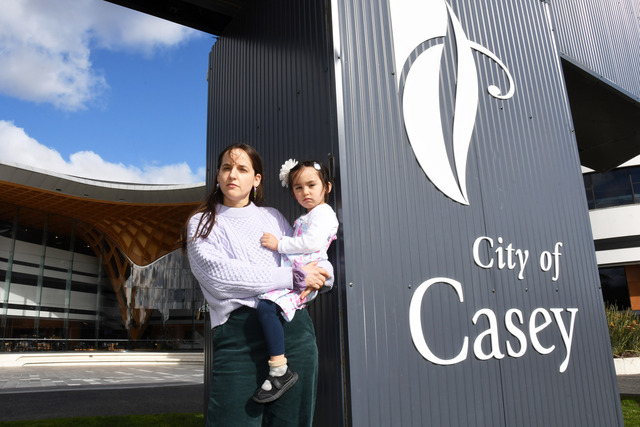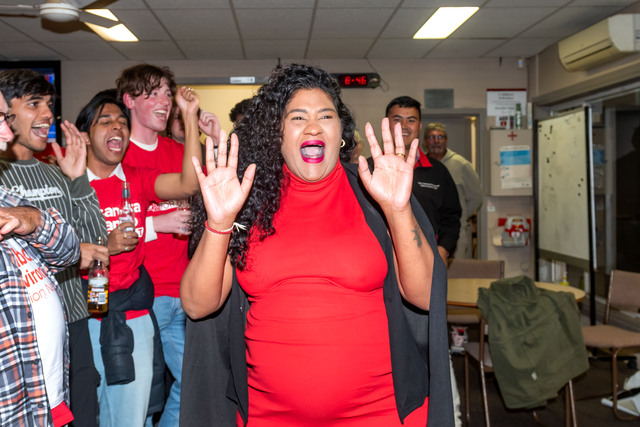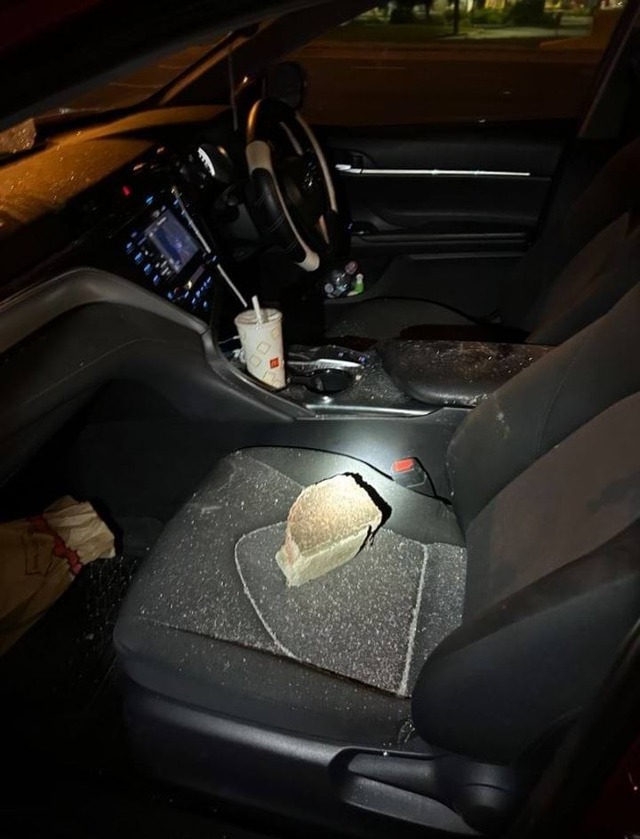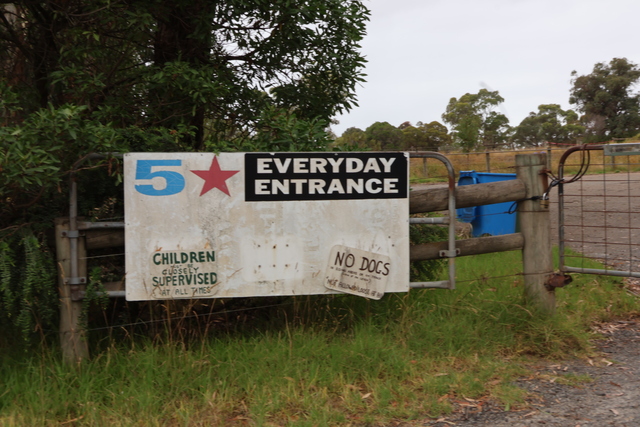Labor is vowing to commit to a Medicare urgent care clinic in La Trobe if elected at this month’s federal election, as part of its $135 million national commitment to trial the urgent care model and ease the burden on the hospital system.
Shadow aged care minister Clare O’Neil joined La Trobe candidate Abi Kumar to announce the Casey area as one of 50 regions throughout the nation that would benefit from a bulk-billed urgent care clinic.
The concept would see a local GP clinic or community health centre used to treat patients with urgent, but non-life threatening injuries such as sprains and broken bones, cuts, wounds, insect bites, minor ear and eye problems and minor burns, in turn easing the pressure on Casey Hospital’s emergency department.
“The core principle here is that people in this local area are having to pay more to see the doctor and to get expert medical care that they need and the hospitals are under enormous pressure,” Ms O’Neil said.
“There is a missing middle in the Australian healthcare system which is for urgent care, but for things that might not be life threatening.”
Labor’s proposition for an urgent care service is based off successful trials in countries such as New Zealand, which has the lowest rate of emergency department attendance per capita in the developed world.
Each year in New Zealand, urgent care clinics treat around two million patients who would otherwise end up at hospital emergency departments.
Federal Labor candidate for La Trobe Abi Kumar said he is proud to be a part of Labor’s first major health commitment of the federal election campaign.
“Being involved in the community I hear about these things all the time, especially with the rising cost of living, so we are responding to what the community want,” he said.
“The facility will expand GP emergency care access and relieve pressure on our busy emergency departments. Best of all, all treatments will be bulk-billed – so all you’ll need
is your Medicare card.”
If the urgent care model is adopted by an elected Albanese Government, Ms O’Neil said it would invest $750,000 per clinic per year to ensure urgent care clinics were equipped to operate seven days per week, from at least 8am to 10pm.
“We’ll work with local GPs in this area to find a service that has the capacity and wants to offer new kinds of medical care in their clinic,” Ms O’Neil said.
“We will essentially fund them to provide the additional medical staff and then in addition to that, equipment that they might need, such as an X-Ray machine.”
Casey was chosen as one of the 50 nationwide recipients due to its status as one of the highest growth regions in the country, with local hospital data also showing high incidences of urgent but not life threatening care in the emergency department.

